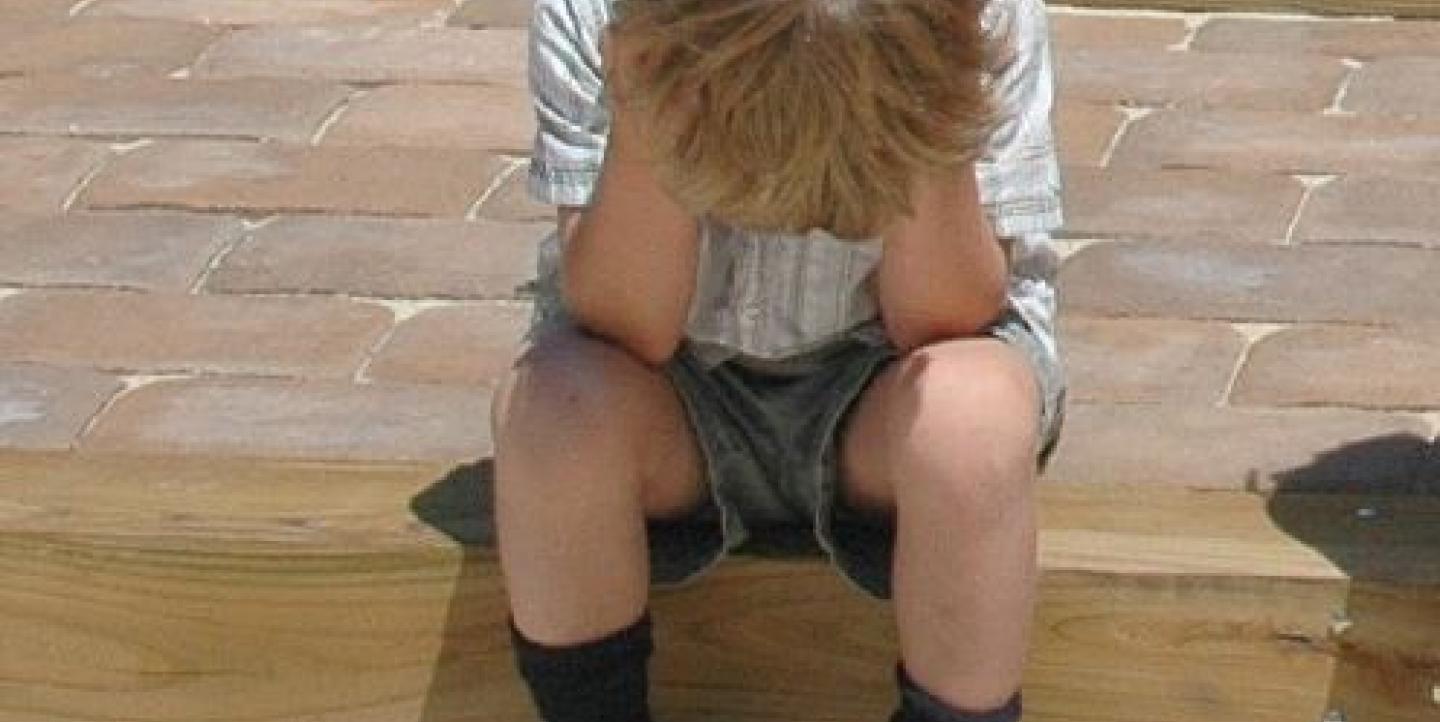The rise of social media use among children and teens brought with it the advent of "cyberbullying" – bullying that takes place online—and poor reporting on it by the media.
"Stories about bullying often follow a predictable narrative with a 'villain v. victim' arc that leaves little room for nuance," wrote Mallary Jean Tenore in a recent Poynter Online post. She recapped the panel, "Digital Drama: Growing Up in the Age of Facebook" at the 2013 South by Southwest Conference in Austin, Texas. Here are a few tips she gleaned for better reporting on the issue:
Distinguish bullying from simple bad behavior
Bullying is defined by the U.S. Department of Health & Human Services as "unwanted, aggressive behavior among school-aged children that involves a real or perceived power imbalance." Yet the media and general public tend to call any type of unseemly behavior "bullying," according to New York University professor and social media scholar Danah Boyd, who was a panelist. “Bullying becomes synonymous, especially among adults, with all forms of meanness and cruelty," Boyd said.
The word is often overused (especially in headlines) to attract attention and pique people's interest because it's part of a trend. "Journalists like to be able to say something is a trend because that makes it important and that makes it go to the front page or the home page," said panelist Bill Keller of The New York Times.
Get the whole story
Although it's easy to portray the people involved simply as bully and victim, reporters should show what they learn about them as people, with both strengths and flaws. During the presentation, Slate’s Emily Bazelon recalled a story she wrote about a Massachusetts teen who committed suicide. "That black and white narrative fell apart as I started spending time there,” she said.
Carefully examine cause and effect
Journalists sometimes hear "bullying" and "suicide," and automatically attribute the latter to the former. Bazelon gave the example of Tyler Clementi, a Rutgers University student who committed suicide. News outlets reported that Clementi commited suicide after his roommate tweeted that Clementi had been seen kissing another man, as if the tweet caused the suicide. “It’s misleading and does a disservice to the complexity when we try to make everything fit into this narrative," Bazelon said.
When discussing "cyberbullying," it's important to provide context and refrain from pointing fingers at social media, according to Boyd. Instead, she said, ask specific questions about how these sites can affect people's actions.
Read the Poynter post here.
Poynter Online, IJNet’s partner and the website of the Poynter Institute, is a school serving journalism and democracy for more than 35 years. Poynter offers news and training that fits any schedule, with individual coaching, in-person seminars, online courses, webinars and more.
Photo courtesy of Mensatic on Morguefile.

